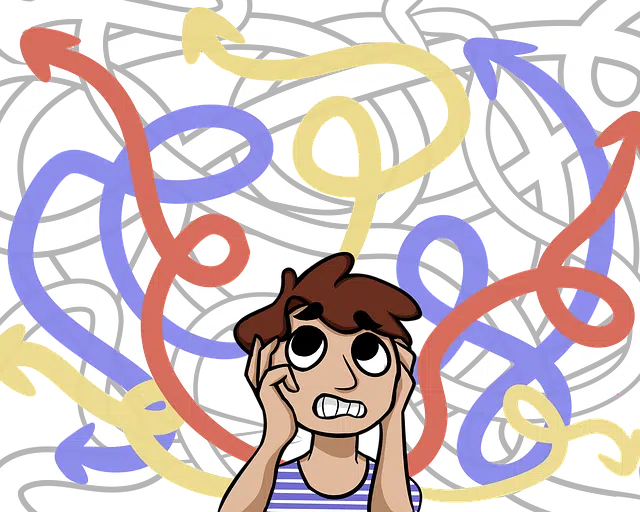
Comprehension is associated with understanding.
The concept of understanding is related to the verb understand , which refers to understanding, justifying or containing something. Understanding, therefore, is the aptitude or cunning to reach an understanding of things.
For example: "The students have serious problems understanding texts" , "I am learning German, but I still have a hard time understanding some concepts" , "Without understanding the rules, you will never be able to play this sport" .
Understanding is, on the other hand, tolerance or patience in the face of a certain situation. Understanding people, in this way, manage to justify or understand the actions or emotions of others as natural: "I understand that you are afraid, but you have to talk to her," "If you want to talk to me, you already know that you will have my understanding." .
Reading comprehension
Reading comprehension is known as the development of meanings through the acquisition of the most important ideas of a text and the possibility of establishing links between these and other ideas acquired previously.
It is possible to understand a text literally (focusing on data explicitly stated), critically (with informed judgments about the values of the text) or inferentially (reading and understanding between the lines), among others.
The factors that influence reading comprehension are: the reader, the reading itself, the knowledge that the person has beforehand and the ways they use to carry out said action.
Problems understanding and school dropout
It should be noted that one of the reasons related to school dropout is the inability of students to understand what they read and possibly this is the responsibility of the educational system , where they are taught to read but not to understand what is read.
The reason why many children are not interested in reading is because they do not know how to understand, and that frustrates and bores them. If at school they received more enjoyable readings or ones that had more to do with their daily lives, there would surely be many more young people who would approach reading and become passionate about it.
Within education , the teaching of reading and writing is very important, because thanks to them all other knowledge can be acquired. When setting the objectives of reading comprehension in education, students should learn to use certain strategies that could help them discern between different texts and achieve efficient learning .
It should be noted that hermeneutics (from the Greek hermeneutiké ) is the discipline that is dedicated to the study of the interpretation of texts, determining the precise meaning of the terms that have been used to transmit ideas.

Without mutual understanding, it is impossible to communicate.
Understanding in communication
Oral comprehension requires the exchange between information sources and the use made of them. That is to say, knowledge of the language and the world can help us understand the communication process and know which information we receive is relevant and which is not.
There are many theories about the way in which the mind uses its knowledge to discern what is presented to it from the outside through communication . However, from everything that has been expressed in this regard we can highlight two quite important points: the bottom-up model (the mind has only one way to process information: identifying the sounds, performing a superficial analysis on them and then one semantic and structural to understand its real meaning within the communication context in which it is found) known as bottom-up, and the top-down model (the mind uses the elements of its environment to carry out a particular analysis in each process of communication. That is, the individual faces to the statement globally and then decomposes the units to understand its true meaning) also called top-down.
In any case, there are other elements that intervene in oral comprehension, such as spoken language , which is encoded in different sounds, occurs at a certain moment and cannot be repeated, and is absolutely different from written language .
To understand messages, the brain performs a certain number of functions. First, it distinguishes from the message what can be useful from the rest, being able to separate between noise and words, for example. Then it decodes the acoustic aspects and manages to extract the meaning of the message. Only then can we talk about understanding , knowing the meaning of the words is not enough to understand what is being talked about.
When it comes to reading, comprehension is a fairly complex and ambiguous process.
Finally, we can point out that, in logic , understanding is the totality of the notes that form a concept . In this way, the concept "man" is included by the notes "animal" and "rational" . For ethics, it is the fundamental virtue of understanding and accepting the facts through reasoning. Finally, in psychology the concept of understanding is linked to a person's ability to analyze their history and understand every aspect of it.
